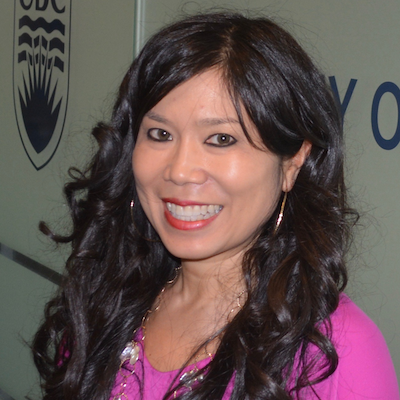My program of research focuses on conducting diabetes translational research in high risk and medically underserved populations. From 2000 to 2018, my work centred around developing effective and sustainable peer support models of ongoing diabetes self-management support (DSMS) (for type 2 diabetes) which are ongoing, patient-driven, cost-conscious, responsive to the evolving conditions of patients “real-world” environment and life circumstances. Over the past 4 years, my peer support models has expanded to the type 1 diabetes (T1D) community living in rural and remote settings. In fact, my current research investigation funded by the Juvenile Diabetes Research Foundation (JDRF) designs a virtual care platform to deliver peer-led mental health support to adults with T1D living in Interior BC. I am a clinical psychologist with extensive experience in developing, implementing, and evaluating diabetes interventions in ethnic minority and medically underserved patient populations. In 2029, there will be up to 70,400 British Columbians diagnosed with T1D. According to a Canada wide survey, 47.5% of T1D adults experience clinically significant levels of diabetes distress. Given that BC’s Medical Service Plan does not cover psychological services for chronic illness, my research seeks to address three major gaps in BC’s diabetes care: the availability, affordability, and accessibility of mental health support for T1D patients living in low-resource settings. Peer support has been demonstrated to be a viable and low-cost approach to long-term self-management support in T2D. Moreover, interventions targeting diabetes distress in T1D have reported significant reductions in regimen-related distress among those with elevated baseline distress levels. Finally, digital health interventions have been found to improve mental health. Drawing on these three lines of research, my current study, REACHOUT designs and evaluates a virtual care platform that delivers peer-led mental health support to T1D adults living in the Interior Health Authority (IHA) region. If successful, REACHOUT can be adopted to other remote regions of BC as well as across BC particularly targeting the most vulnerable, high-risk, and geographically marginalized patients. My peer support research in T1D has expanded to adolescents with T1D ages 15-18, parents of children with T1D ages 5-9, and children with T1D ages 10-14.
Tricia Tang
Michael Smith Health Professional Investigator

Associate Professor
Medicine
PhD RPsych
7788773100
Tricia Tang
Michael Smith Health Professional Investigator
Areas of Research
type 1 diabetes, peer support, mental health, diabetes distress, rural and remote communities, rural and remote health care, medically underserved communities
